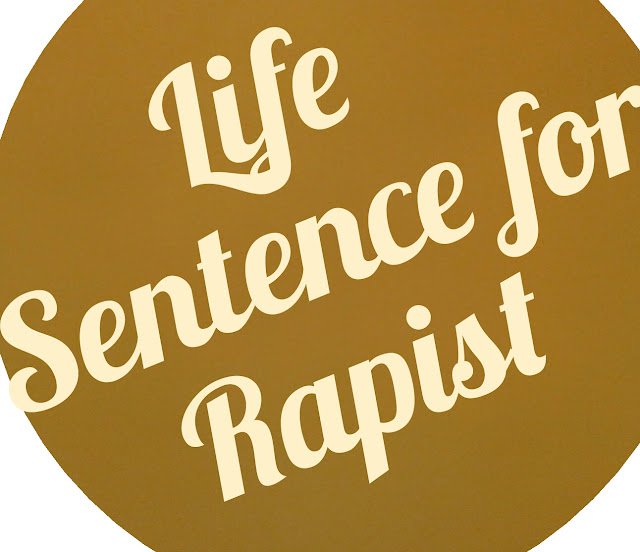The death penalty for convicted rapists in Bhutan
The death penalty for convicted rapists may not the best way to solve the problem.
There are many reasons why the death penalty may not be resolved, including:
- The death penalty may not prove to be effective in combating crime. The death penalty group was abolished by the Royal Decree on March 20, 2004 and was banned by the July 2008 Constitution. Concerns about the values of the Buddhist spirit are obvious.
- Death penalty in rape cases may put victims in even greater danger, as it may lead perpetrators to murder victims in an effort to cover up the crime.
- Bhutan does not need to impose more punishment on rape; all it needs is better law enforcement. It is enough to sentence a rapist to life imprisonment. As long as law enforcement officials are indifferent to dealing with sexual assault cases, aggravating their penalties will not prevent rape.
- Finally, it is particularly unwise to generalize the use of the death penalty, and the country known to the country is the basis of the Gross national happiness (GNH). If there is no safe human rights, the death penalty will run the risk of serious death.
Ultimately, the death penalty will not be the best solution to the conviction of a rapist. And it may bring irreparable tragedies to the innocent people of Bhutan.



Comments